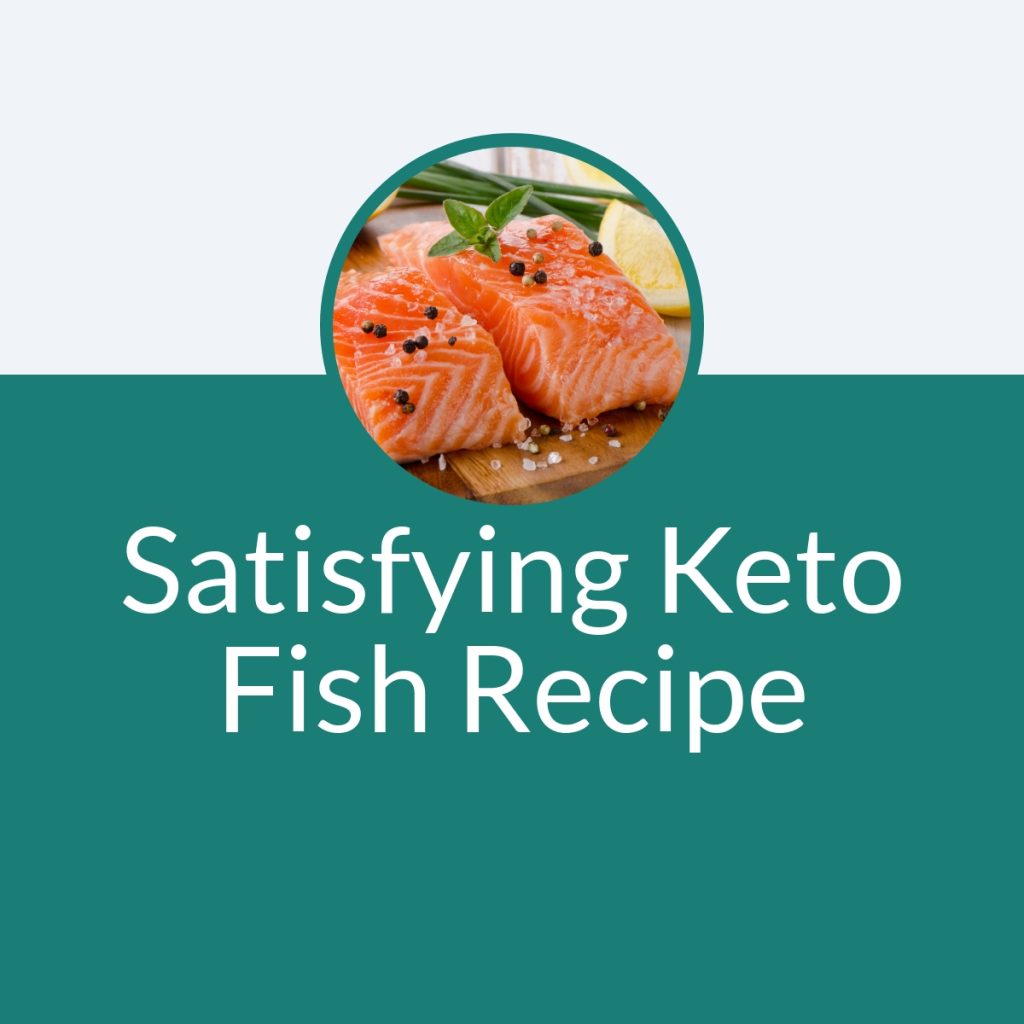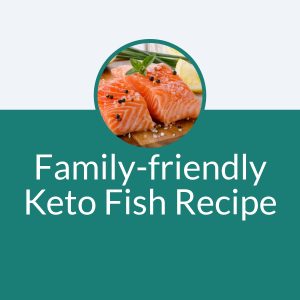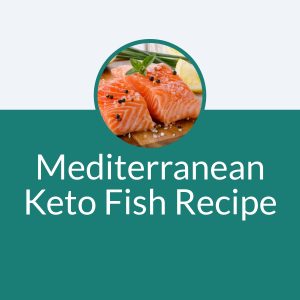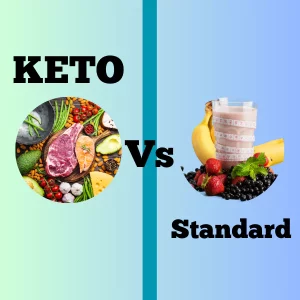
Satisfying Keto Fish Recipe
Why Choose Fish for a Keto Diet?
Fish is an excellent choice for a ketogenic diet due to its high protein content and low carbohydrate count. It is a rich source of omega-3 fatty acids, which are beneficial for heart health and cognitive function. Incorporating fish into your diet can provide essential nutrients such as vitamins D and B12, selenium, and iodine. Moreover, fish is incredibly versatile, allowing you to create a variety of keto-friendly dishes.
Ingredients for the Keto Fish Recipe
To prepare this satisfying keto fish dish, you will need the following ingredients:
- Fresh white fish fillets (e.g., cod, halibut, or grouper)
- Lemon juice
- Olive oil
- Garlic powder
- Paprika
- Salt and pepper
- Fresh herbs (such as dill or parsley) for garnish
Instructions
- Preheat your oven to 375°F (190°C) and line a baking dish with parchment paper or lightly grease it with olive oil.
- Place the white fish fillets on the prepared baking dish, ensuring they are not overlapping.
- Drizzle the fillets with lemon juice and olive oil, ensuring they are evenly coated.
- Sprinkle the fillets with garlic powder, paprika, salt, and pepper to taste. You can adjust the seasonings according to your preference.
- Place the baking dish in the preheated oven and bake the fish for approximately 12-15 minutes or until it flakes easily with a fork. Cooking time may vary depending on the thickness of the fillets.
- Once cooked, remove the fish from the oven and allow it to cool for a few minutes.
- Garnish the fish fillets with fresh herbs, such as dill or parsley, for an extra burst of flavor and presentation.
- Serve the delicious keto fish fillets with a side salad or some steamed low-carb vegetables for a complete and satisfying meal.
Sustainability of Halibut as a Food Source
When it comes to selecting seafood for your weekly menu, halibut stands out as a stellar choice that aligns both with your health and sustainability goals. This prized fish offers a multitude of benefits that make it a smart addition to your culinary repertoire.
First and foremost, halibut is a nutritional powerhouse. Packed with high-quality protein, it provides the building blocks for muscle growth, repair, and overall bodily functions. What truly sets halibut apart is its rich content of omega-3 fatty acids. These essential fats are renowned for their ability to reduce inflammation, support heart health, and even enhance cognitive function. Incorporating halibut into your diet can contribute to a well-rounded intake of these beneficial fats.
Furthermore, halibut is a lean protein source, making it an excellent option for those focused on weight management. Its low-calorie nature, coupled with its satisfying protein content, can help you feel fuller for longer, potentially curbing overeating and promoting a healthier relationship with food.
From an environmental perspective, halibut stands as a sustainable choice. Many halibut fisheries adhere to responsible fishing practices, helping to conserve fish populations and protect marine ecosystems. By choosing halibut, you’re supporting these efforts and participating in a more eco-friendly approach to seafood consumption.
Halibut’s versatility in the kitchen is yet another reason to celebrate its inclusion in your weekly menu. Its mild, delicate flavor lends itself to a myriad of culinary preparations. Whether you’re grilling, baking, or pan-searing, halibut readily absorbs a range of flavors, allowing you to experiment with various seasonings and ingredients.








